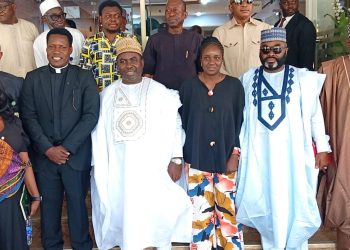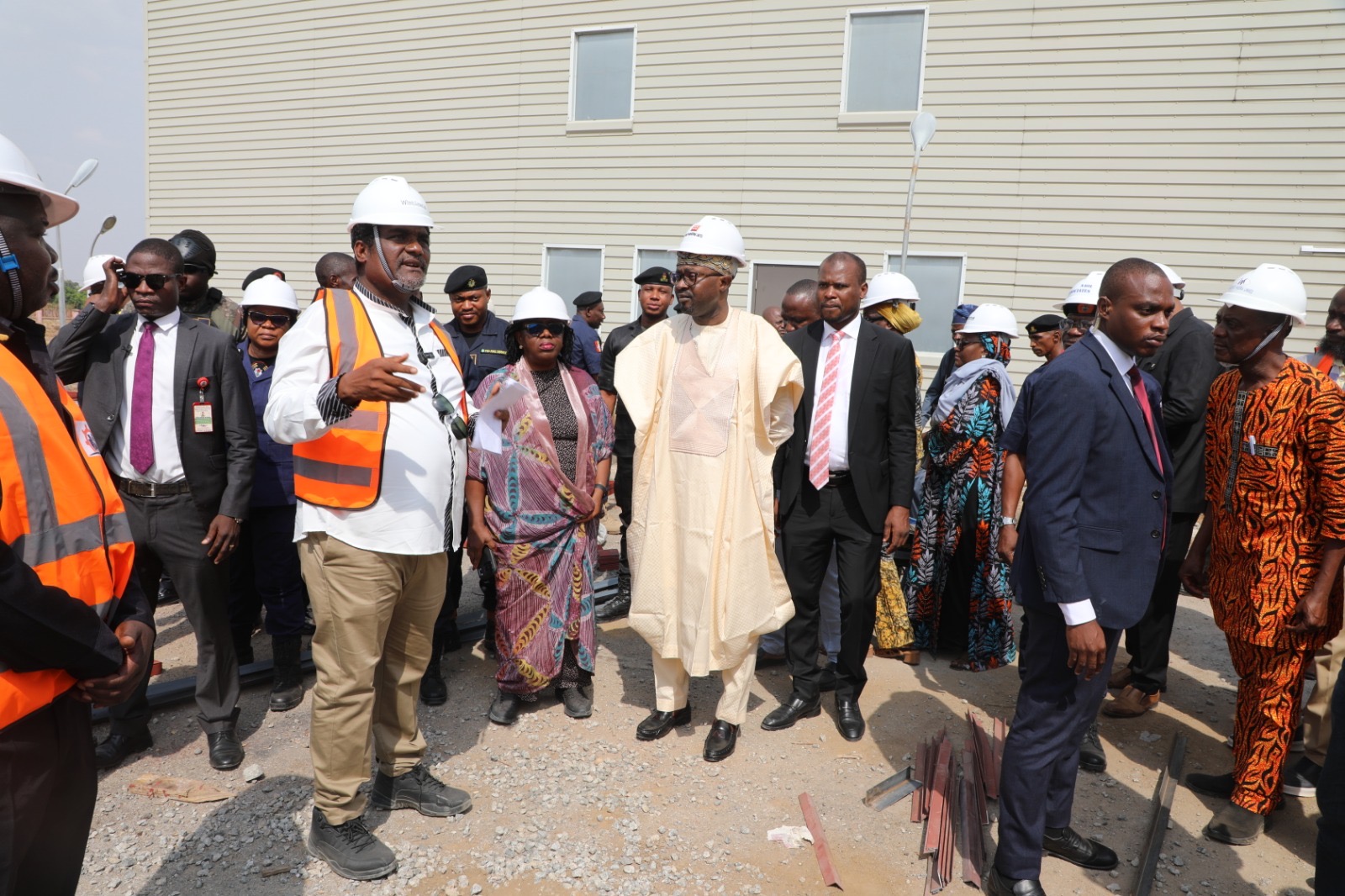By Nkechi Eze
The Executive Chairman of the Fiscal Responsibility Commission (FRC), Victor Muruako, Esq., has made a renewed call for the urgent domestication and full operationalization of the Fiscal Responsibility Act (FRA) across all Nigerian states, describing it as a vital tool for strengthening debt control and promoting transparency in fiscal governance.
Anyanwu Bede, Head, Strategic Communications FRC, in an official statement, disclosed that Muruako made the call at the 2025 National Conference on Public Accounts and Fiscal Governance, organised by the Public Accounts Committee of the House of Representatives. The high-level engagement, held at Transcorp Hotel in Abuja, drew lawmakers, fiscal policy experts, subnational officials, and civil society actors committed to improving public financial management in Nigeria.
In a presentation titled “Debt Control and Transparency in Fiscal Matters: The Imperative of Operationalizing the Fiscal Responsibility Act Across the States,” Muruako identified the country’s fragmented fiscal governance landscape and rising subnational debt levels as major threats to sustainable national development.
“Before the FRA was enacted in 2007, Nigeria struggled with a boom-bust fiscal cycle marked by reckless borrowing, lack of savings culture, weak intergovernmental coordination, and poor fiscal transparency,” Muruako stated. “We cannot afford to return to those days.”
He recalled that before Nigeria secured debt relief in 2005, the country’s external debt stock had exceeded $34 billion, with little to show in terms of strategic capital projects. “What followed was the enactment of the FRA in 2007 to bring order, discipline, and accountability into the country’s fiscal system,” he added.
However, Muruako lamented that only 26 out of Nigeria’s 36 states have enacted fiscal responsibility laws, with even fewer demonstrating full operational implementation. He warned that the absence of a uniform fiscal framework at the subnational level continues to undermine national economic stability.
“The fragmented implementation of the FRA at the state level perpetuates unsustainable borrowing, fiscal indiscipline, and ultimately threatens macroeconomic stability,” he cautioned.
The FRC Chairman laid out a series of recommendations for achieving stronger debt control and transparency at the state level. These include establishing independent debt monitoring institutions, strengthening debt management units, conducting regular debt sustainability analyses, and ensuring strict compliance with borrowing thresholds.
He also underscored the need for open and timely fiscal reporting, accessible budget information, and active citizen engagement to entrench a culture of transparency and public accountability.
To promote greater coordination between national and state fiscal structures, Muruako called for harmonised legal frameworks, joint monitoring mechanisms, enhanced data sharing platforms, and collaborative technical assistance programs.
In outlining a pathway forward, he proposed targeted legislative advocacy to amend and fortify the existing FRA, incentivised compliance frameworks for state governments, and the adoption of real-time digital tools to improve public access to fiscal information. He also encouraged a renewed version of the now-concluded SFTAS (States Fiscal Transparency, Accountability and Sustainability) program, to serve as a model for incentivising transparency-driven governance.
“Let us commit to enhancing transparency, curbing unsustainable debt, and fostering unprecedented fiscal coordination for a fiscally responsible and accountable Nigeria,” Muruako urged in his closing remarks.
According to Bede, the conference served as a timely convergence for policymakers and fiscal actors to deliberate on urgent reforms needed to safeguard Nigeria’s economic future through responsible public finance management.
















